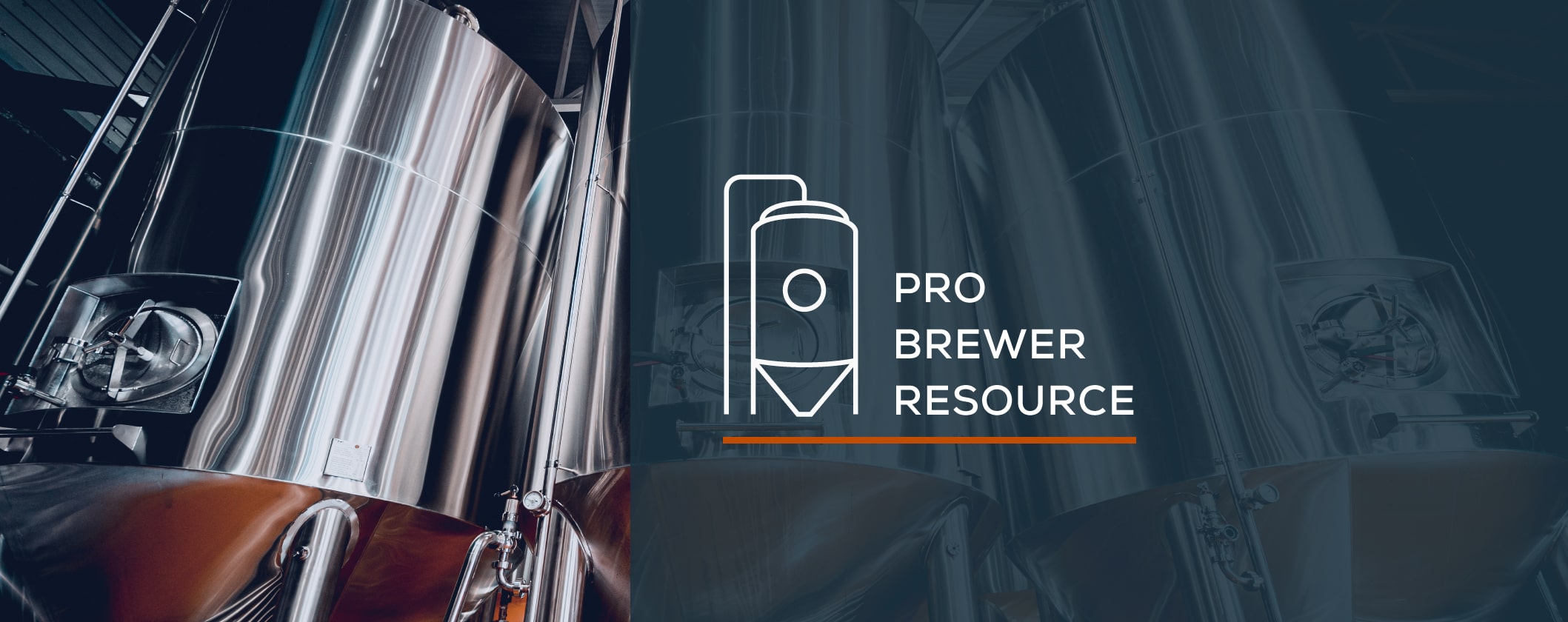Yeast Propagation

YEAST PROPAGATION
The purpose of propagating yeast is to produce a greater amount of healthy biomass free of contaminations, which will be pitched to accomplish uniform and stable fermentations. Fermentation consistency is influenced by yeast storage conditions, acid washing, aeration, pitching rate, temperature, wort density, available Free Amino Nitrogen, wort composition, and pH to name a few considerable factors.
Many breweries order smaller quantities of yeast to propagate prior to inoculating a larger volume of wort. Propagations can be a cost-effective yeast management method for brewers who want to employ multiple yeast strains or are brewing too infrequently to repitch harvested yeast. However, brewers must have the proper tools and quality control measures to ensure that clean yeast slurry at the correct density is achieved for a proper pitch rate and healthy fermentation. Cell counting, viability testing, and microbiological testing are no longer only for large breweries: these are critical, accessible procedures that should be incorporated into every brewery’s propagation routine. Guesswork leads to unknown causes when problems occur and makes the situation challenging – if not impossible – to troubleshoot.
A brewery should consider the advantages and disadvantages of implementing yeast propagation, and whether the benefits of direct-pitch cultures can be achieved in-house:
ADVANTAGES OF DIRECT PITCH:
- Quick starts to fermentation
- Pure culture
- High viability
- Guaranteed laboratory analysis
- Less investment on equipment and laboratory space
- Time and labor cost to propagate
- No yeast washing after yeast harvest for repitching
- Less possible risk of contaminations
PROPAGATION METHODS
A basic rule to follow in determining a propagation schedule is not to exceed a 10-fold increase in volume.
Timing for stepping up the yeast depends on reaching peak cell density at each step. This will be dependent on temperature and the initial pitch rate. Always confirm 50-75% gravity drop prior to increasing the volume. Perform all propagations at 68 °F (20 °C). Fermentation temperature can be adjusted on the last step. When performing a typical 1-Step-10-Fold propagation, peak cell density should be achieved in approximately 48 hours.
1-Step-10-Fold Propagation:
A 1-Step-10-Fold propagation is the most common type of propagation used by brewers. This is a single step propagation which involves inoculating a small volume of wort, allowing it to attenuate 50-75%, and then adding a 10-fold volume of oxygenated wort on top.
Volume:
Determine the volume of propagation wort by dividing the final desired fermentation volume by ten. Next subtract this volume from the final desired fermentation volume to determine the amount of wort needed for the final fermentation.
Example: A 20 BBL (23 hL) final fermentation volume will require a 2 BBL (2.3 hL) propagation. Following gravity drop, an addition of 18 BBL (21 hL) of wort will be required for this fermentation.
Pitch Rates:
The following are typical pitch rates for a 1-Step-10-Fold propagation:
Ales: 1 liter per Barrel or Hectoliter
Wheats: 1 liter per Barrel or Hectoliter
Lagers: 2 liters per Barrel or Hectoliter
High Gravity: 2 liters per Barrel or Hectoliter
Propagation Example (1-Step-10-Fold):
Steps for a 20 BBL (23 hL) brewery propagating yeast for a 1.060 gravity Ale:
- Inoculate 2 BBL (2.3 hL) of well-oxygenated wort at 70 °F (21 °C) with 2.0 Liters of fresh yeast.
- Allow the propagation to ferment for 48 hours or until a 50-75% gravity drop is reached.
- Following gravity drop, run in 18 BBL (21 hL) of wort on top of it.
- Confirm a cell count of 10-12 million cells per milliliter is achieved. If the yeast is allowed to ferment for 48 hours, the cell count should increase enough to supply 5-6 million cells per milliliter when increased to a total of 20 BBL (23 hL)
Custom Propagation:
Many times a 1-Step-10-Fold propagation does not fit with the brewers specific needs. Wyeast offers technical service for your custom propagation needs.
